The United States' "reciprocal tariffs" are more of a "transnational mess" than a design of "geopolitical chess", and no major trading entities are likely to curtail their trading relationships with China under pressure from the U.S., said Sebastian Wood, former United Kingdom ambassador to China.
Wood, chairman of China affairs at the UK multinational asset management company Schroders, made the remarks on Thursday at the Caixin London Atlantic Dialogue, hosted by the Chinese media group Caixin.
Pointing to two major narratives claimed by the U.S. administration as drivers of its tariff policy — namely, using tariffs as a "tactical rule" to strategically compete with China by compelling other countries to pivot toward the U.S. and isolate China economically, as well as promoting U.S. reindustrialization — Wood described the rhetoric as a "post facto rationalization".
It "seems to me to be less rational and more impulsive than that", he said.
To achieve either of those things, the U.S. government needs to adopt a complex strategy, and then execute it in a disciplined way, week after week, month after month, and year after year. There's no evidence the U.S. government operates in that way, he said.
"Another reason I think these narratives don't stack up is that, to achieve either of these things, you would need to pay a very, very high economic price. The implication would be a substantially increased cost of lower productivity for the U.S. corporate sector, quite likely recession, possibly depression, and a major negative impact on the markets over a sustained period of time.
"We've already seen that the U.S. administration is not willing to endure those consequences. We've seen that from the rapid switches, changes, and U-turns in the policy. So, my view is that what we're observing here is not a two-dimensional geopolitical chess. It's much more likely to devolve into a transnational mess."
Wood also said he believes that no major trading entities or countries are likely to agree to curtail their trade relationships with China, as the U.S. had fantasized.
Economic sacrifice
"One is the fact that it will damage your own country economically because we benefit from the economic relationship with China," he said. "Secondly, because the record of the Trump administration suggests that if you do a trade deal with the U.S., they're unlikely to stick to it for very long. So, why would you make a significant economic sacrifice to secure a deal with the U.S. when it might not have an enduring value?
"Thirdly, because we can all see that the U.S.' own policy toward China is in flux. Now we have direct evidence of that, with the commencement of talks between the U.S. and China in Geneva. Again, in that case, why would you accept a decoupling premise in the discussions with the U.S.?"








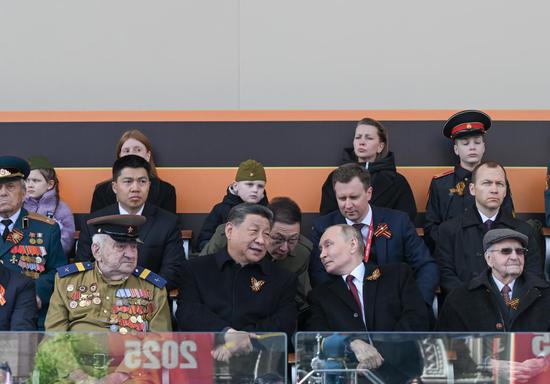
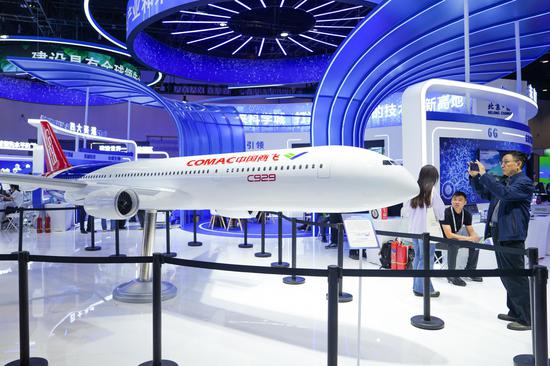
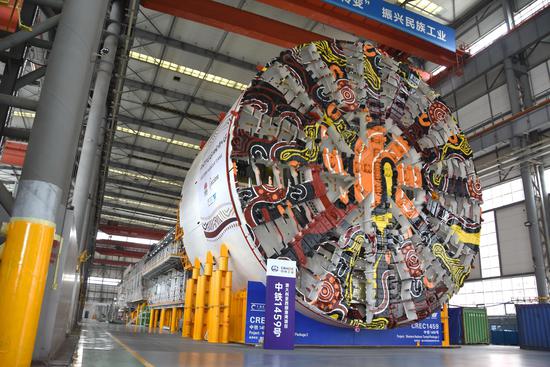
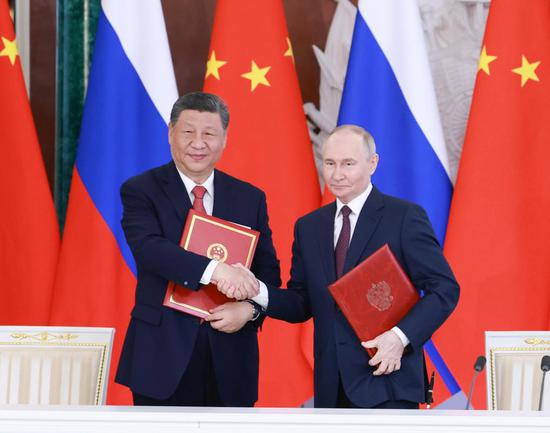

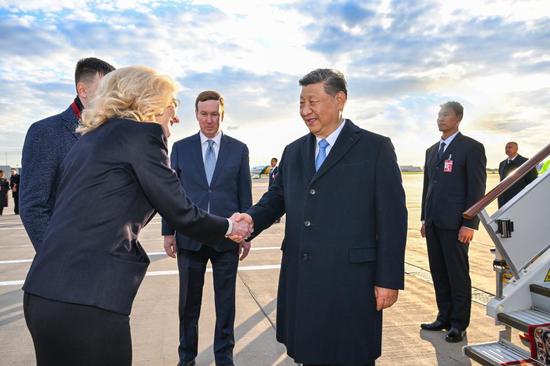












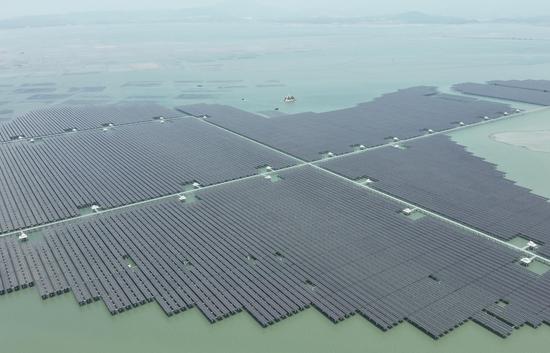
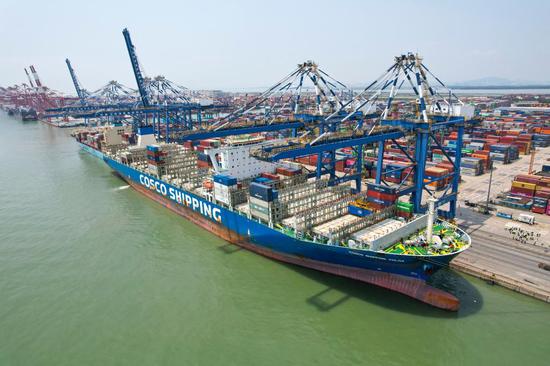

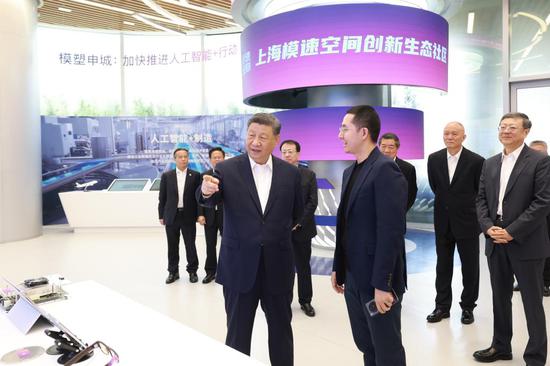




















 京公網安備 11010202009201號
京公網安備 11010202009201號